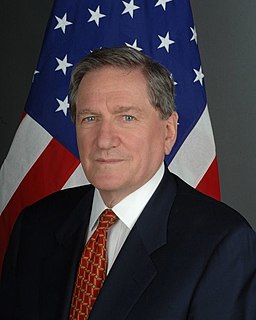A Quote by Robert Wilson
I've always thought abstractly - through theme and variations rather than narrative.
Related Quotes
I guess the wildcard here is Terrence Malick. He supervised me while I was writing the script for Beautiful Country, and he is a genius, although not always easy to follow. What I learned from him is that the narrative can be tracked through all kinds of scenes, that the strong narrative thread is not always the one that is most obvious. Creating narrative with Malick was a bit like chasing a butterfly through a jungle. This approach to narrative is fun and complicated, something that makes the process of writing constantly interesting to this writer.
There's no linear narrative - the structure is more like a series of variations on a theme (how identity is shaped by language), with the past constantly bleeding into the present, dreams into reality. And the language, while incredibly lyrical in places, also has this underlying dissonance, the sense of it having itself been translated.
The truth comes to rule, not through violence, but rather through its own power; [this is the central theme of John's Gospel:] When brought before Pilate, Jesus professes that He Himself is The Truth and the witness to the truth. He does not defend the truth with legions but rather makes it visible through His Passion and thereby also implements it.
The equivocations, the confusions, the contradictions. There's no way we can live through or comprehend something so big that happened so long ago. We've lost true history. But if we are willing to tolerate the contradictions, and if we suffer through events rather than ticking them off, we may at least get closer to understanding what happened than if we grip the handrail of a carefully polished and reassuringly heroic narrative.
What joins the Americans one to another is not a common ancestry, language or race, but a shared work of the imagination that looks forward to the making of a future, not backward to the insignia of the past. Their enterprise is underwritten by a Constitution that allows for the widest horizons of sight and the broadest range of expression, supports the liberties of the people as opposed to the ambitions of the state, and stands as premise for a narrative rather than plan for an invasion or a monument. The narrative was always plural; not one story, many stories.






































